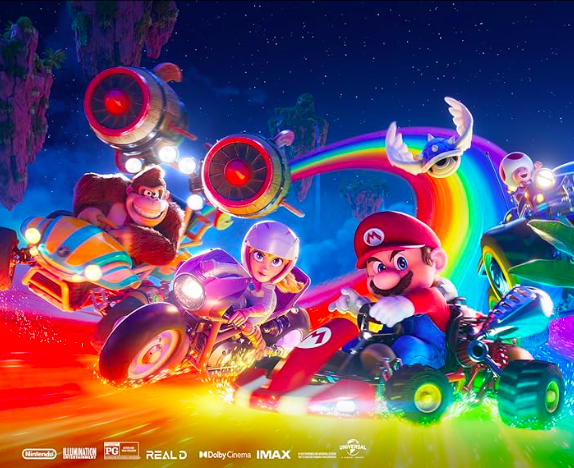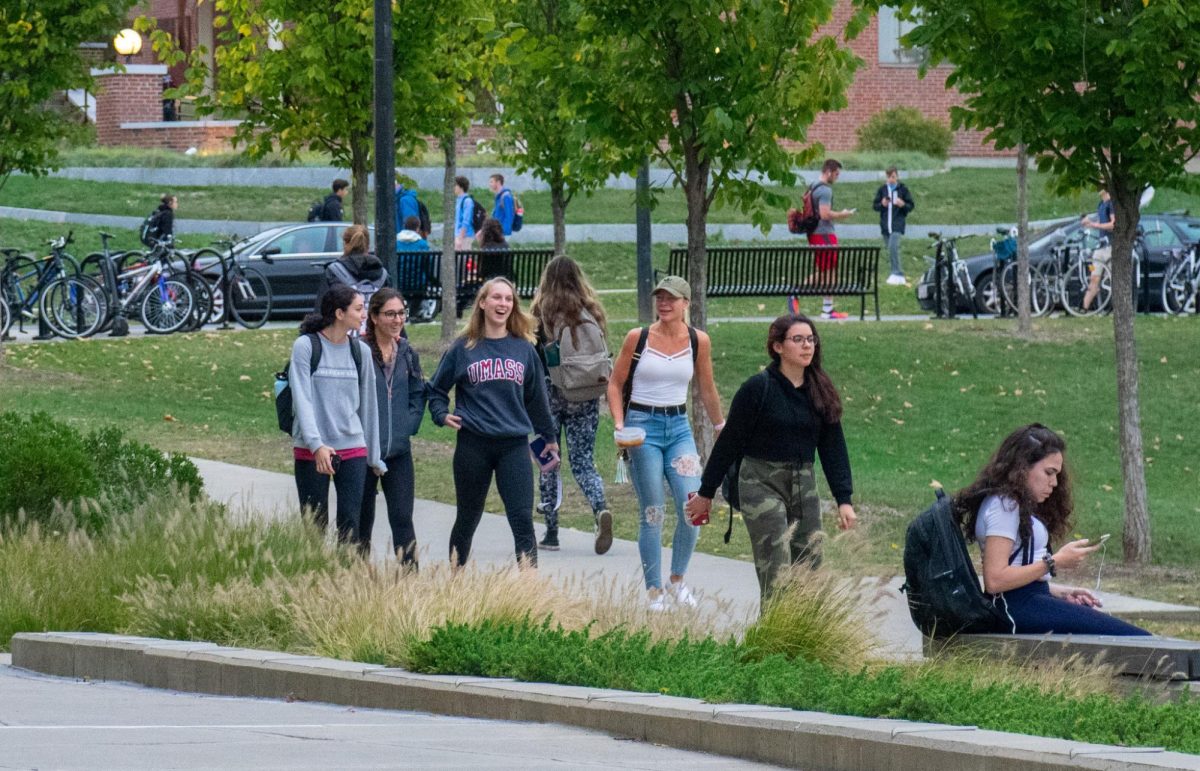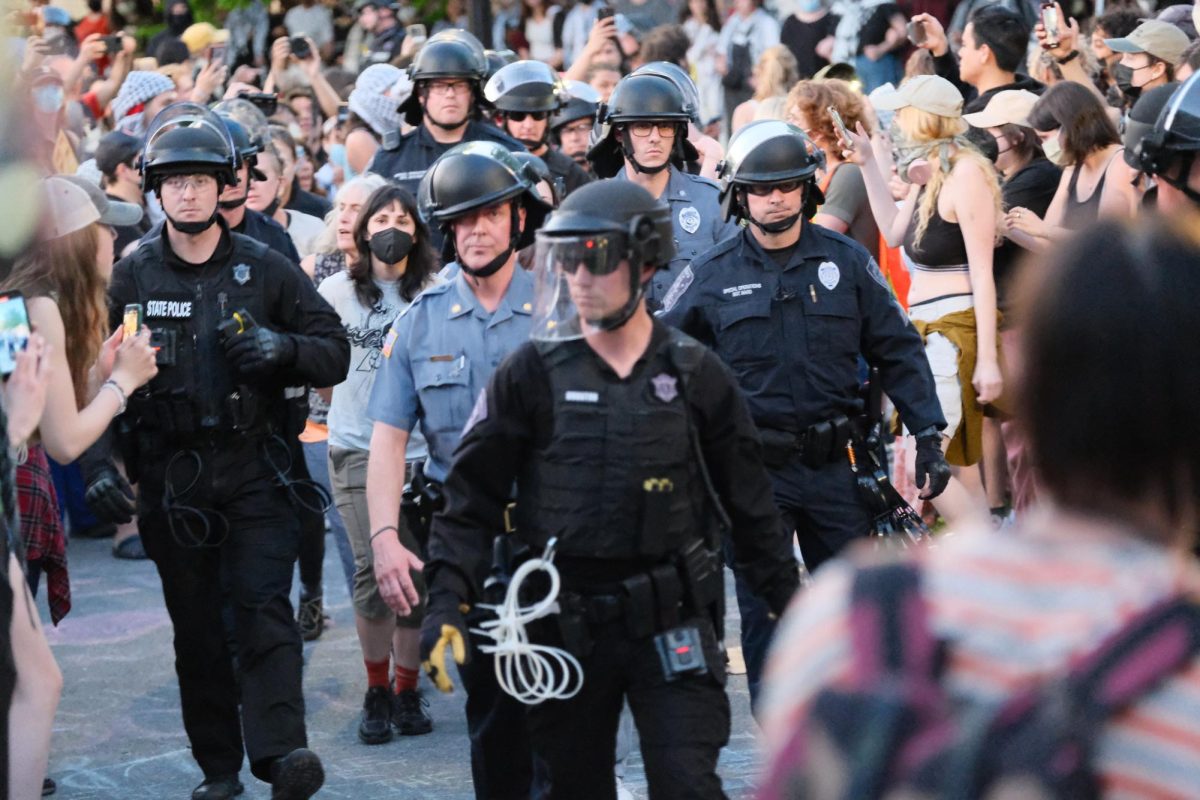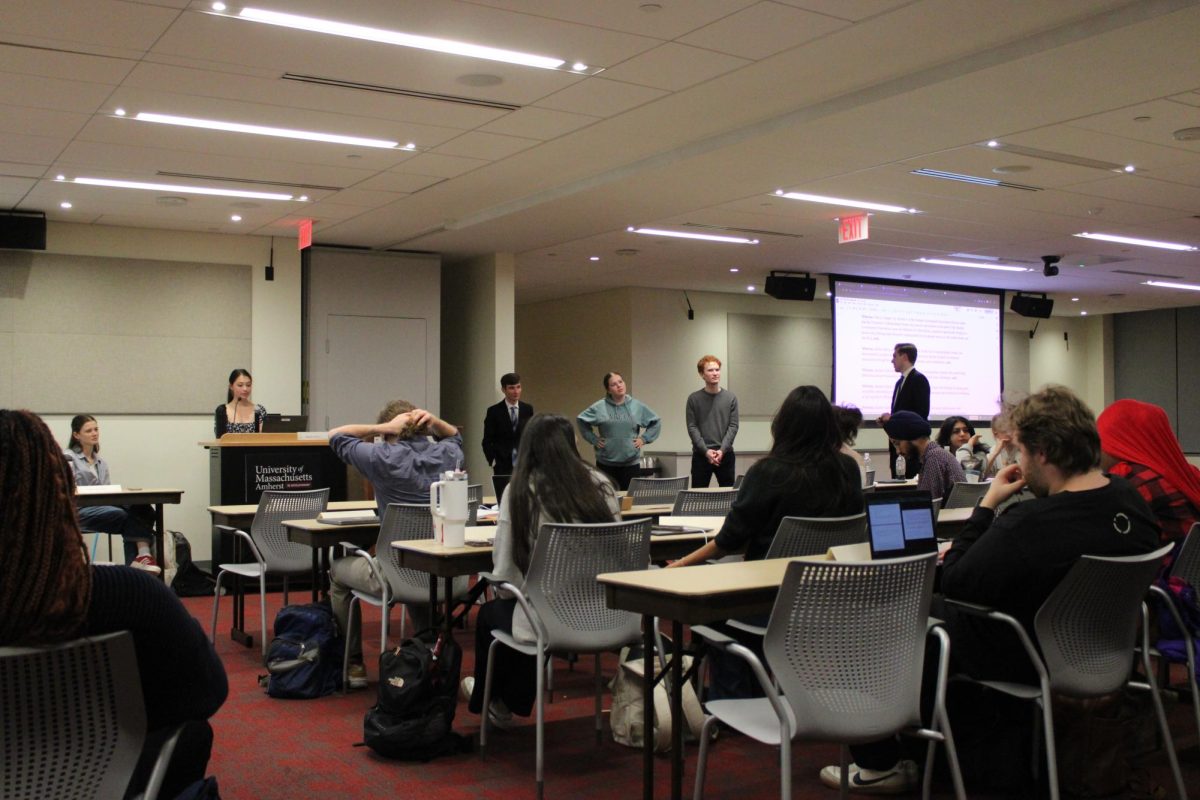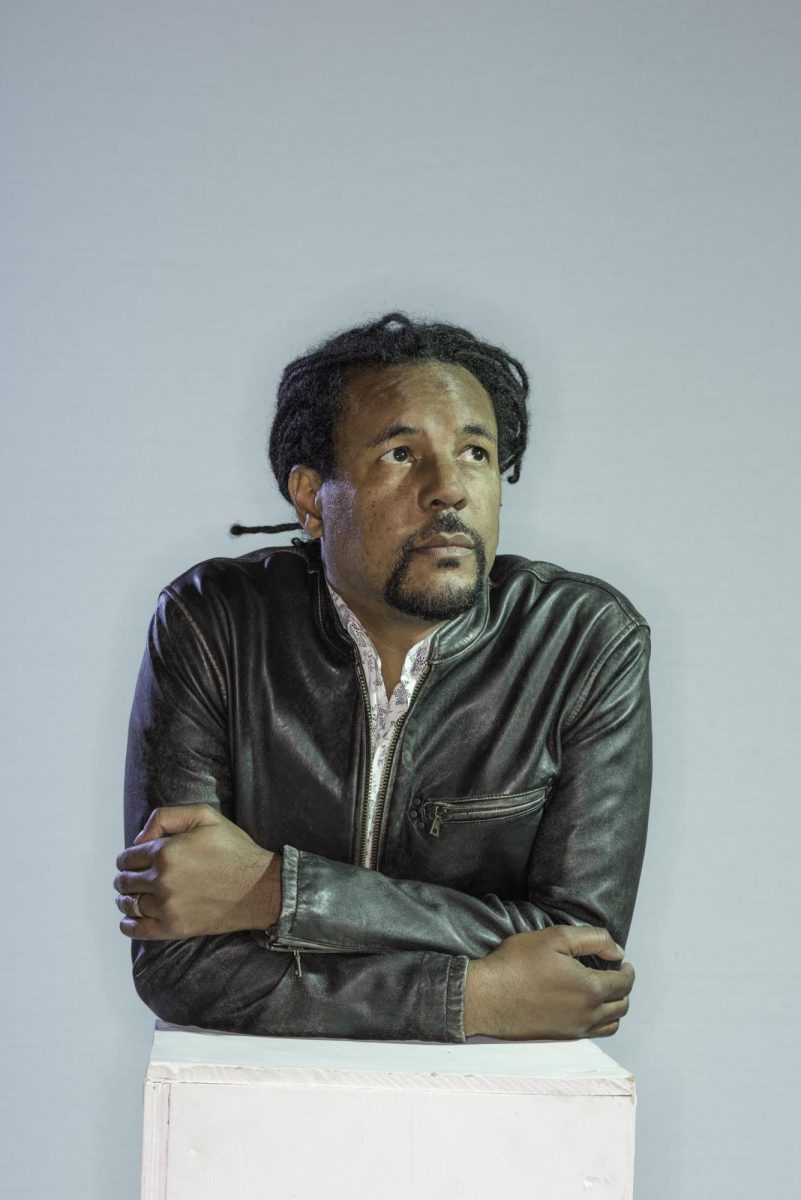Holland is a land noted for its tulips, wooden shoes and drugs. Over the last half century, Holland has taken great pains to grant itself a new distinction as a nation of tolerance and a warm hearth for assylum-seekers from across the globe. Though pleasing to the ears of most liberals, I always had my doubts that such attitudes really served the Dutch people.
The Dutch are free to initiate whatever immigration policies they please, but I’ve always wondered if any nation could absorb almost limitless numbers of foreigners and still retain any shred of its national character and heritage. Opening its arms to the world seems like a recipe for ethnic suicide, the extinction of the people who gave us Van Gogh, Berlage and Rembrandt.
In short, I don’t like it one bit. I believe that the Dutch have simply been avoiding a key decision, in hopes that remaining indecisive will allow them to have their cake and eat it too. Will Holland be a Dutch nation, or a tolerant, multicultural nation? Though the two seem to be in conflict, the Dutch have been living in denial that their homeland has been radically transforming before their very eyes.
When walking through the streets of Rotterdam last August, I found myself hard-pressed to find a Dutchman anywhere. According to the Seattle Post-Intelligencer, almost half of this massive port city is foreign born. Amsterdam is more ethnically Dutch, and it’s important to look past the tourists to see the true character of the city. Even so, its population is only 65.9 percent Dutch and falling every day.
The city council of Amsterdam recently drafted a new policy on diversity, acknowledging that, “particularly in the last decade, large numbers of migrants (from former colonies), guestworkers and newcomers with over 150 national backgrounds have substantially changed the constellation of the population.” Therefore, announced the city council, Amsterdam was going to have to make some changes in order to accommodate the diverse population. Foreigners were spared the chore of adapting to Amsterdam. Instead Amsterdam adapted to the foreigners.
Like all Western European nations, the Netherlands has a low fertility rate. Just 1.66 children are born per woman, compared to the worldwide average of 2.62 children per woman. Coupled with loose immigration laws, this trend indicates that the Dutch will soon be a minority within the Netherlands. The three largest Dutch cities are projected to have non-Dutch majorities sometime between 2010 and 2015, and the country as a whole will pass that mark sometime in the latter half of this century, depending on whose projection one uses.
But I was wrong about one thing. It’s not a choice between a Dutch nation and a tolerant, multicultural nation. If recent events are any indicator, the future of Holland holds neither. On Nov. 2, Dutch filmmaker Theo Van Gogh was murdered in Amsterdam. Mohammed Bouyeri, a 26 year-old with dual Dutch-Moroccan citizenship, allegedly shot Van Gogh while he was on his bicycle. Bouyeri then slit his throat and stabbed him, pinning a note to his chest that promised jihad against five particular Dutch politicians, Jews, Holland itself and the entire Western world. While apprehending the suspect, Dutch police and Special Forces laid siege to Bouyeri’s hideout, where he and four policemen were injured by bullets and a hand grenade. The nation noted for its tolerance has seen a rash of mosque-burnings and retaliatory church burnings.
Van Gogh was certainly not an angelic figure. In fact, he wasn’t the most tolerant of people himself. He was deeply critical of all three major Western religions, and wasn’t afraid to make inflammatory remarks about their followers whenever he pleased. Van Gogh believed that insulting people and exposing harsh truths were his rights as a citizen. He collaborated with self-proclaimed “ex-Muslim” Ayaan Hirsi Ali to make his most recent film, “Submission,” about the mistreatment of women in Muslim societies.
Still, offensive films are no excuse for murder. The Dutch people are now left asking themselves what went wrong with their utopia. I suspect that they naively assumed that toleration would be a two-way street, that those welcomed into Holland would be welcoming in return.
And what about the backlash against the Muslims themselves? Once again, I suspect naivety on the part of the Dutch. They foolishly believed that a peaceful, multicultural society would be easy to achieve. It appears now that this pluralistic utopia is reaching its limits, and multiculturalism always breeds some sort of resentment from both the host demographic and the minorities. While it would be an exaggeration to call the current state of Holland “balkanization,” it certainly appears that it could move in that direction.
I wish the best for all of Holland’s 16 million citizens. I certainly don’t want to see any more bloodshed leveled at innocent immigrants or at blasphemous Dutch critics of Islam. Let not another mosque or church burn, another policeman be wounded or another immigrant be bullied. But let this be an opportunity to reflect on the slippery and sometimes contradictory natures of tolerance and diversity. A nation cannot allow unfettered immigration without affecting its culture and risking almost certain culture clashes.
Ben Duffy is a Collegian columnist.

